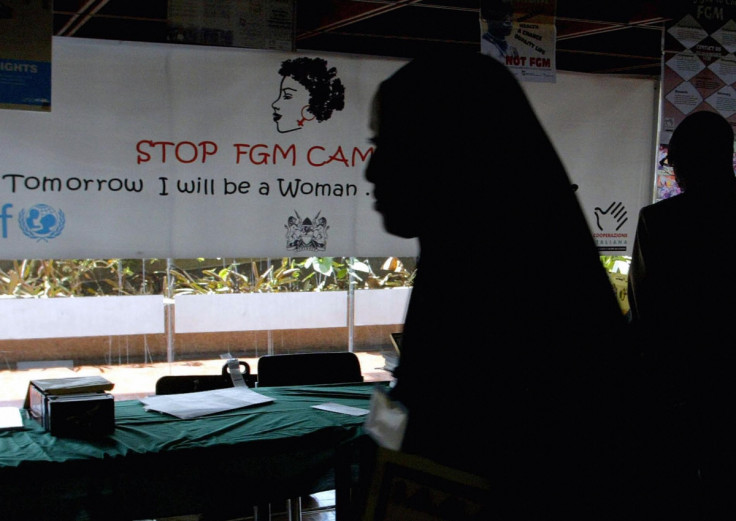FGM is a global health issue that violates rights – World Health Organisation
The World Health Organisation (WHO) has released new guidelines urging doctors across the world to be prepared to treat women and girls who have been forced to undergo the practise of female genital mutilation (FGM).
The organisation said health workers are sometimes unaware of the negative physical and mental health consequences that the practise carries, and women and girls are made to suffer needlessly after being subjected to female genital cutting.
"FGM has no health benefits, can cause grave harm, and violates the rights of girls and women. Procedures can cause severe bleeding, problems urinating and later cysts, infections and death.
"FGM can also result in complications in childbirth and increased risk of newborn deaths," said the organisation, warning that the practise is a global health issue.
"Health workers have a crucial role in helping address this global health issue. They must know how to recognise and tackle health complications of FGM," Flavia Bustreo, WHO's assistant director general, said.
"Access to the right information and good training can help prevent new cases and ensure that the millions of women who have undergone FGM get the help they need."
FGM is practised in several countries in Africa and some in Asia and Latin America. In August 2015, Somalia announced it intended to implement a nationwide ban on FGM. In May 2016, a similar move was made in Nigeria with a law that also forbade men from abandoning women and children without economic support. The practise has been also outlawed in another 18 African countries, including Benin, Central African Republic, Egypt and South Africa.
The United Nations has warned that more than 140 million girls and women alive today have undergone some form of FGC and, if the practise continues, some 86 million additional females worldwide would be subjected to the practice by 2030.
FGM in Britain
The WHO's new guidelines were released months after the Health and Social Care Information Centre recorded more than 1,000 new cases of FGM in England from April-June 2015. Last year, Britain implemented a new law aimed at curbing FGM and protecting girls from the practise. The new legislation allows authorities to stop people from travelling if they are suspected of planning to take girls abroad to undergo the mutilation. Breaching the order is a criminal offence.
Hours after the law was implemented, Bedfordshire Police issued a protection order to stop two girls believed to be at risk of being subjected to FGM from travelling to Africa. In September 2015, a judge in Kent ordered the return of a 13-year-old girl who had been taken to Sudan by her mother amid fears she would undergo the practise.

© Copyright IBTimes 2025. All rights reserved.






















